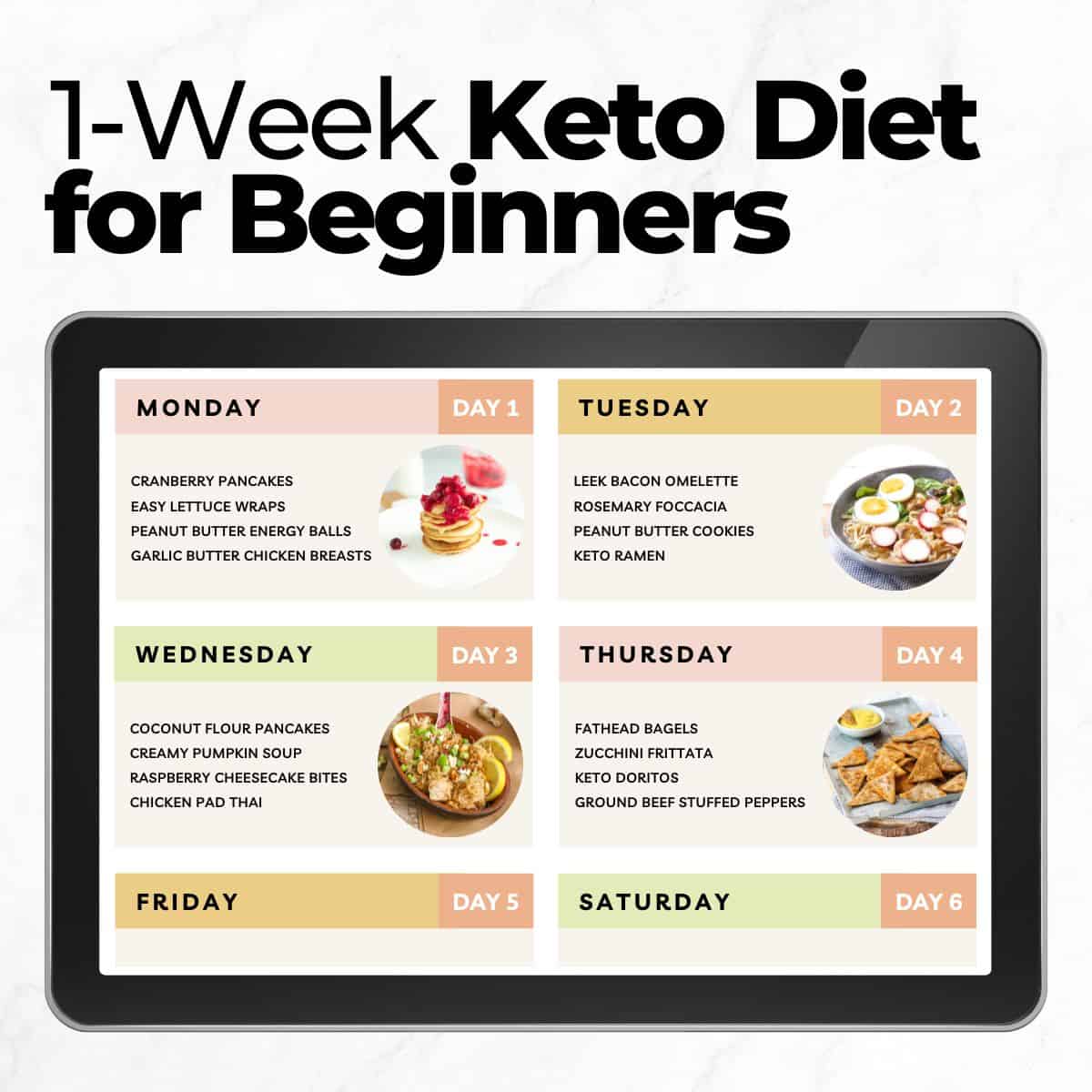Tailored Nutrition Programs: Tailoring Your Diet to Your Needs
Wading through the landscape of nutrition plans can be challenging, particularly with the vast multitude of alternatives available today. From fashionable methods like Keto and Whole30 diet to traditional patterns such as the Mediterranean lifestyle, each plan offers distinct concepts, gains, and challenges. If you are looking to shed pounds, boost your health, or modify to lifestyle changes, understanding the types of diets and how they align with your needs is crucial.
In this resource, we will examine different diets, emphasizing their pros and cons, as well as the influence they have on your physical well-being. We strive to provide guidance that help you determine which diet fits your way of life and personal aspirations. Whether you're a beginner looking to learn about popular diets or an individual looking for a tailored solution, you'll find valuable information on topics ranging from vegan and vegetarian diets to specialty diets designed for health issues. Participate as we unravel the vibrant world of dietary practices, facilitating the process for you to locate your ideal diet.
Grasping Popular Dietary Plans
Many individuals examine various diets to find the optimal fit for their daily routines and health objectives. Popular diets change greatly in their strategies, including low-carb to plant-based, each having its own group of tenets and benefits. Comprehending these dietary plans is necessary for utilizing informed picks that correspond with one's individual desires and likes.
One of the highly talked-about diets in the present day is the keto diet, that highlights fat-rich and low-carb intake to encourage ketosis, a biological state that utilizes fat for energy. In contrast, the Mediterranean-style dietary plan centers around whole ingredients, beneficial fats, and moderate servings, focusing on fresh produce, greens, unrefined grains, and light protein-rich foods. This dietary plan is lauded for its heart health benefits and is compatible with the dietary recommendations from health professionals.
For those considering plant-based eating, it's vital to differentiate between various styles such as vegan diets and flexitarian diets. While vegan diets exclude every animal-derived foods, flexitarian-style plans allow for occasional meat consumption, providing a greater adaptable approach to plant-based dieting. Additionally, Facial fat gain as gluten-free, low-FODMAP diets, and for diabetes plans meet particular medical needs, illustrating the variety of dietary options available to meet personal needs.
Analyzing Dietary Effectiveness
As considering the efficacy of various diet plans, it's essential to consider past short-term results. A effective diet should promote long-lasting lifestyle changes that encourage healthy eating habits and physical activity. For example, diets that focus on unprocessed foods, like the Mediterranean diet, have shown not only weight reduction benefits but additionally improvements in overall health markers, such as cholesterol levels and cardiovascular health. Assessing how a diet fits into your daily routine has a key role in its long-term success.
Another important consideration is individual compatibility with the diet. What is effective for one person might not produce the same results for another. Factors such as individual tastes, lifestyle, and health conditions need to be taken into account. For instance, while the Keto diet may be effective for rapid weight loss for some, it can be difficult to maintain and can lead to adverse effects for others. Understanding your unique needs and how different diets affect your body is vital for making an informed choice.
Moreover, consider the support and resources available for each diet. Some plans include structured guidance, meal planning support, and community resources that can enhance your chances of sticking with the program. Diets that promote education about nutrition, such as plant-based eating or the DASH diet, often provide the tools necessary to make lasting changes. Ultimately, the ideal diet is one that matches with your goals, feels manageable, and supports your overall well-being.
Selecting a Sustainable Dietary Strategy
Identifying a lastable eating plan entails considering not only your dietary tastes but also your lifestyle and wellness goals. A feasible eating plan should be pleasurable, easy to follow, and able to fit smoothly into your regular schedule. Reflecting on your dietary habits, likes, and any specific health needs will help in selecting a plan that you can maintain in the long term.
When choosing an diet strategy, it's crucial to focus on equilibrium and variety. Diets that focus on whole foods, like fruits, vegetables, lean proteins, and unrefined grains, tend to be more maintainable than those that eliminate whole food groups. This method not only supports long-term adherence but also ensures that you receive the essential nutrients your system needs. Common choices like the Mediterranean-style diet demonstrate this equilibrium and are often lauded for their health benefits.
Finally, consider the ecological and ethical implications of your dietary choices. Eco-friendly eating plans often include plant-based options or lean towards local and seasonal foods. This not only contributes to your health and also supports the environment. By reflecting on these elements and syncing them with your objectives, you can choose an eating plan that also is suitable for you personally and promotes a more eco-friendly way of life overall.
